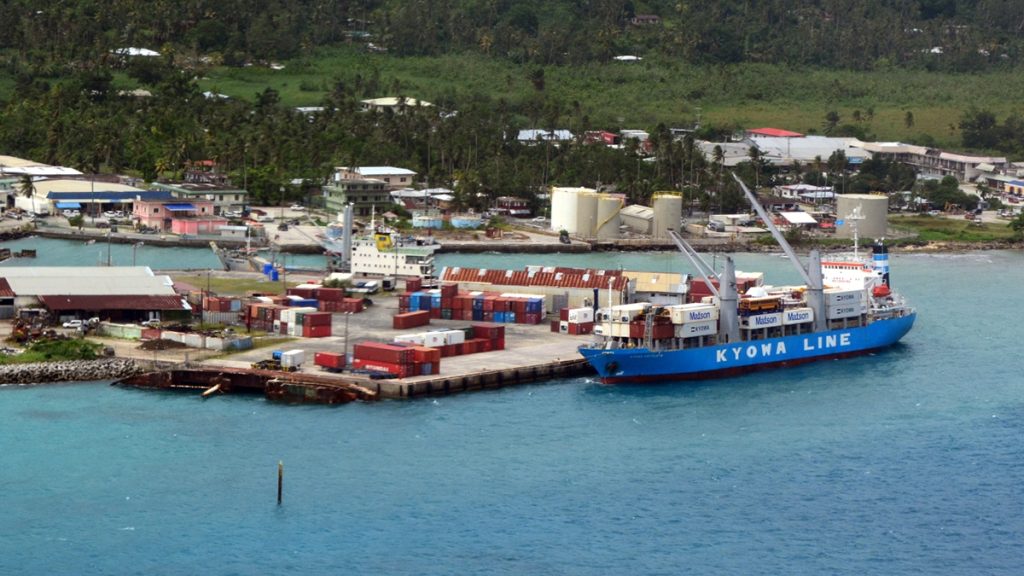The United Nations’ International Maritime Organisation (IMO) has agreed to introduce the world’s first global carbon pricing system for the shipping industry in an effort to cut greenhouse gas emissions.
Following a week of talks in London, the IMO announced on Friday that the new pricing mechanism will take effect from 2028. It will require all ships to use cleaner, less carbon-intensive fuel mixes or face financial penalties. The scheme is intended to help the sector reach carbon neutrality by 2050.
Under the system, shipping companies that exceed agreed emissions thresholds will have to pay annually for each tonne of greenhouse gases they produce beyond the target. The revenue generated will go towards incentivising zero or near-zero emissions technologies and assisting developing nations with greener shipping transitions.
A total of 63 countries backed the proposal, including China, India, Japan, Brazil, and the European Union. However, 16 states opposed the move, among them major oil-producing nations such as Saudi Arabia, Russia and the United Arab Emirates.

The United States notably did not take part in the vote, while Pacific Island nations abstained, saying the measure lacked the ambition needed to properly address the climate crisis.
Small island states in the Pacific and Caribbean, some of the most climate-vulnerable countries, had been pushing for a more robust and universal carbon levy on maritime transport.
Shipping currently accounts for nearly 3% of global greenhouse gas emissions, according to IMO estimates.
Environmental groups and some officials welcomed the development as a significant breakthrough. Mark Lutes, senior advisor at WWF (World Wide Fund for Nature), described the decision as a “groundbreaking moment” for the maritime industry.
“This should signal a turning of the tide on greenhouse gases from global shipping,” he said. “However, key aspects of this agreement fall short of what is needed and risk blowing the transition off course.”
The carbon pricing plan will still need to be formally adopted at the IMO’s next assembly, scheduled for October.


 Trending
Trending 